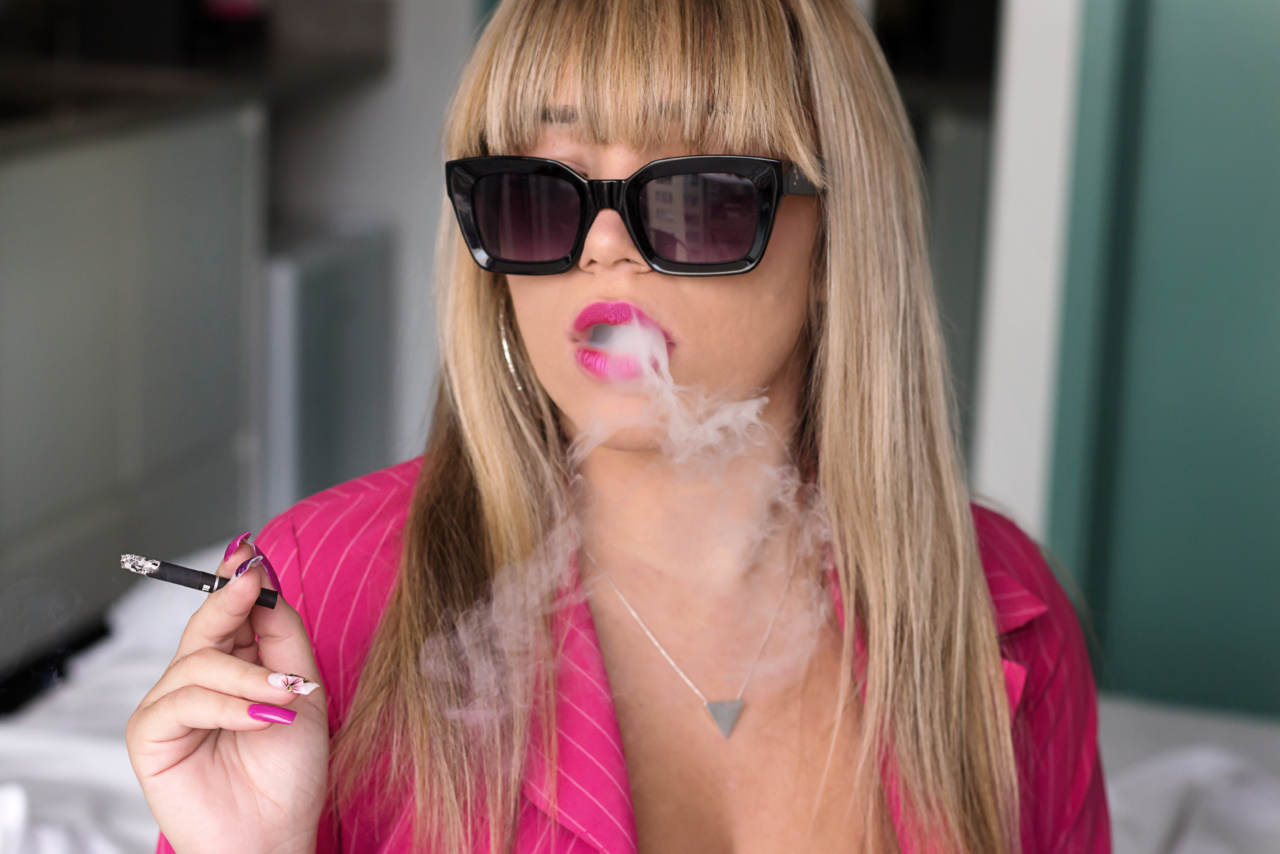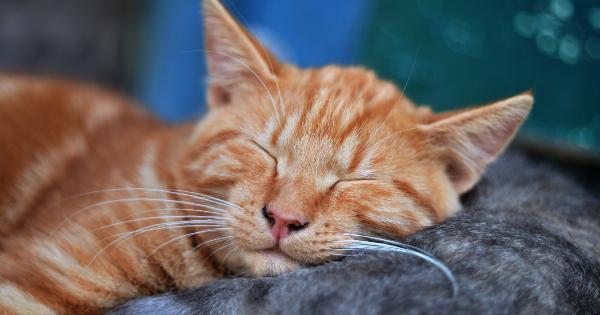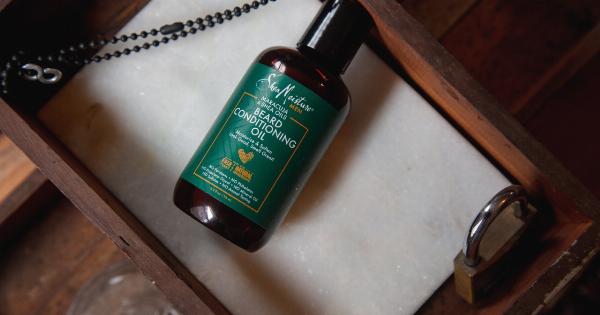One of the most common debates in the realm of hair care is whether going to bed with wet hair is detrimental to your health. Some people believe that it can lead to illnesses and hair damage, while others argue that it is harmless.
In this article, we will delve into the science behind this question to determine if there is any truth to these claims.
The Myth of Catching a Cold
One of the main concerns associated with going to bed with wet hair is the belief that it can make you more susceptible to catching a cold. However, this is merely a myth. Colds are caused by viruses, not by cold temperatures or wet hair.
To become infected with a cold, you must come into contact with the virus itself, typically through airborne droplets or by touching contaminated surfaces. Therefore, the notion that wet hair causes colds is unfounded.
Impact on Hair Health
While going to bed with wet hair may not directly affect your overall health, it can impact the health of your hair. Wet hair is more fragile and prone to damage compared to dry hair.
As you toss and turn during sleep, the friction between your wet hair and the pillowcase can lead to breakage and frizz. Additionally, the moisture can create an optimal environment for the growth of bacteria and fungi on both your hair and scalp, potentially causing scalp issues such as dandruff and itchiness.
Drying Techniques
If you prefer to shower at night and have no choice but to sleep with wet hair, there are some techniques you can try to minimize potential damage. First, gently towel-dry your hair to remove as much moisture as possible without rubbing too harshly.
Avoid using a regular cotton towel as it can cause more friction; instead, opt for a microfiber towel or an old, soft T-shirt. Letting your hair air dry for some time before sleeping can also be beneficial. If you have long hair, consider loosely braiding it or tying it up in a loose bun to reduce tangles and minimize friction.
Alternative Solutions
If you find that going to bed with wet hair consistently leads to hair damage or discomfort, you might want to consider adjusting your nighttime routine or experimenting with alternative solutions.
One option is to switch your shower time to the morning, allowing your hair to dry naturally throughout the day. Alternatively, you can invest in a high-quality hairdryer or use other heat-styling tools to gently dry your hair before bed. However, be cautious not to use excessive heat as it can also damage your hair.
The Importance of Hair Care
Ultimately, whether you choose to go to bed with wet hair or not, it is essential to maintain a good hair care routine.
This includes regular washing, conditioning, and nourishing practices, as well as using suitable hair products for your specific hair type. By taking proper care of your hair, you minimize the potential negative effects of going to bed with wet hair or any other hair care concerns.
Conclusion
In conclusion, while it is generally not harmful to go to bed with wet hair, it can have negative effects on the health and appearance of your hair. It can lead to breakage, frizz, and scalp issues.
Taking certain precautions, such as towel-drying, air-drying, or styling your hair differently, can help minimize these risks. Ultimately, maintaining a consistent hair care routine is crucial for overall hair health, whether you choose to sleep with wet or dry hair.






























